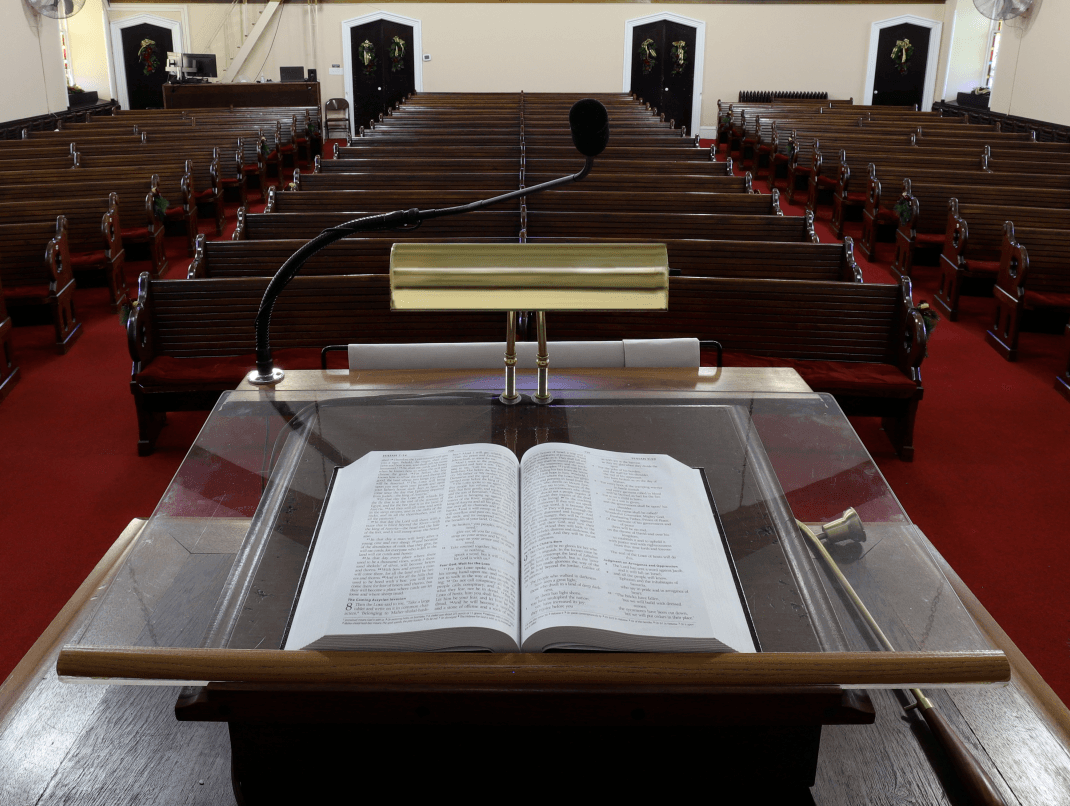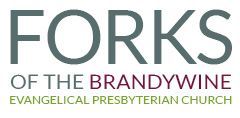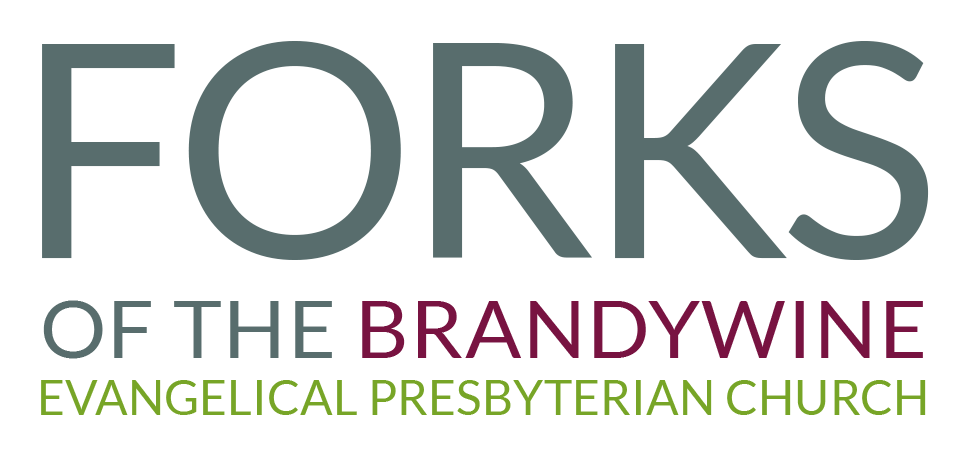The Doctrine of Justification
The Reformed Tradition

The Protestant Reformers believed that the doctrine of justification by faith alone was “the article upon which the church stands of falls.” John Calvin said this doctrine is “the main hinge on which everything turns.” As Presbyterians, we belong to a Protestant tradition—the Reformed Tradition—that traces its roots back to the Reformation. We have inherited this treasure, the doctrine of free justification by grace alone. We prize it highly, believe it deeply, preach it loudly, and defend it passionately. We are gospel people, and nothing is more essential to the gospel than this precious truth, namely, that Jesus Christ has accomplished our whole redemption and bestows it upon us by grace alone, through faith alone. The church stands or falls on whether we get this gospel right.
It is possible, however, to be fully committed to the doctrine of justification by faith alone and yet unable to explain it. It is one thing to believe the doctrine, but can we articulate it? If we are going to make our stand on this gospel, if we are going to claim with Calvin that everything hinges on getting this doctrine right, we better be able to tell people what it is. Few authors I have read give a better, clearer summary of what justification means than the English Reformer, William Tyndale. In his English translation of the New Testament, Tyndale included prefaces for each book. When he came to Paul’s Letter to the Romans, he decided to translate Martin Luther’s preface from German. The translation stays very close to Luther’s original for the most part. At the end of the preface, however, Tyndale writes his own conclusion, summarizing the main import and purpose of the letter. In this conclusion, Tyndale explains with crystal clarity the meaning of our Protestant “gospel vocabulary”: justification; God justifies; Christ justifies; and faith alone justifies. Here is Tyndale’s excellent summary (updated into modern English).
“The sum and whole cause of the writing of this epistle is to prove that man is justified by faith alone. . . . And by justification, understand no other thing than to be reconciled to God and to be restored into his favor, and to have your sins forgiven. And when I say God justifies us, understand thereby that God, for the sake, merits, and deserving of Christ alone, receives us into his mercy, favor, and grace, and forgives us our sins. And when I say Christ justifies us, understand thereby that Christ alone has redeemed us, bought and delivered us out of the wrath of God and damnation, and has, by his works alone, purchased for us the mercy, favor, and grace of God, and the forgiveness of our sins. And when I say that faith alone justifies, understand thereby that faith and trust in the truth of God and in the mercy promised us for Christ’s sake, and for his deserving and works alone, can quiet the conscience and certify that our sins are forgiven and that we are in the full favor of God.”
Let us learn this vital gospel vocabulary about justification by faith, and let us use it in our devotions, prayers, and evangelism to strengthen our faith and to share the good news of Christ.
Grace and peace,
Pastor Wesley
The Pastor's Pen





